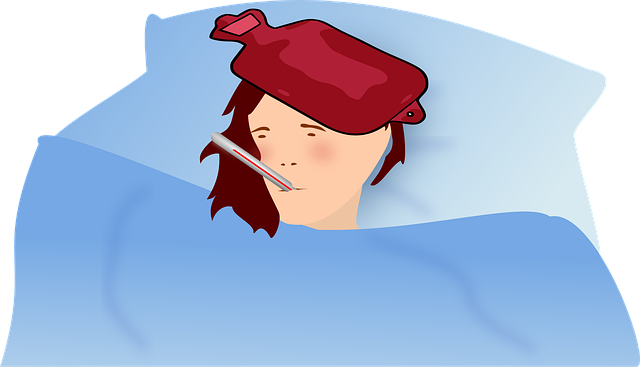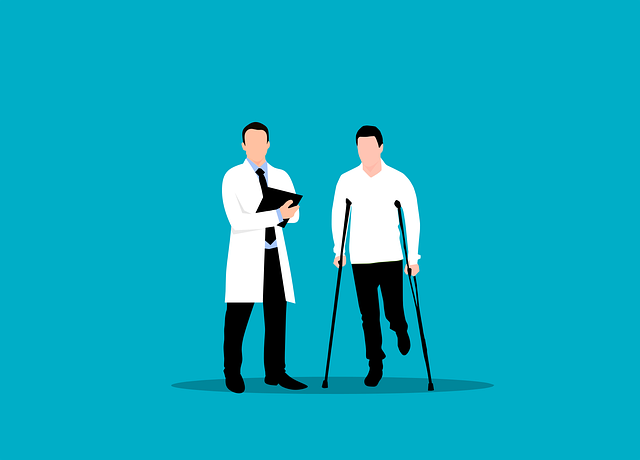Co-occurring disorders require integrated treatment including therapies like CBT and holistic wellness programs. Recovery support apps track progress, aid in CBT for reframing thoughts/behaviors, and enhance chances of sustained recovery by addressing root causes. These digital tools offer convenient platforms for goal setting, mood tracking, meditation guidance, and access to supportive communities. Integrating technology into treatment plans promotes holistic healing, reduces reliance on substances, and fosters resilience through comprehensive support.
Co-occurring disorders, where mental health issues and addiction coexist, pose a complex challenge. This article explores comprehensive strategies for managing these dual conditions. We delve into understanding co-occurring disorders and their impact on individuals’ lives. Additionally, we examine the role of recovery support apps in tracking progress, offering tangible tools to monitor healing journeys. By addressing underlying mental health conditions, effective addiction treatment becomes a reality, paving the way for lasting recovery.
- Understanding Co-occurring Disorders: A Comprehensive Look
- Tracking Progress: The Role of Recovery Support Apps
- Addressing Underlying Conditions for Effective Addiction Treatment
Understanding Co-occurring Disorders: A Comprehensive Look

Co-occurring disorders, also known as dual diagnoses, refer to a situation where an individual suffers from both a mental health condition and an addiction simultaneously. This complex interplay often means that addressing one without addressing the other is unlikely to lead to successful long-term recovery. Understanding these co-occurring disorders is crucial in providing effective recovery support.
A comprehensive approach to treatment involves integrating various therapeutic modalities, such as Crisis Intervention Training, Cognitive-Behavioral Therapy (CBT), and holistic wellness programs prioritizing nutrition, exercise, and stress management for overall well-being. Tracking progress using recovery support apps can be a valuable tool. CBT, for instance, reframing negative thoughts and behaviors associated with both the mental health condition and addiction, empowers individuals to develop healthier coping mechanisms. By prioritizings these multifaceted aspects of care, treatment plans become more effective in addressing the underlying causes driving addictive habits, ultimately enhancing chances of sustained recovery.
Tracking Progress: The Role of Recovery Support Apps

In the digital age, recovery support apps have emerged as valuable tools for tracking progress in addiction recovery journeys. These innovative applications go beyond traditional methods by offering individuals a convenient and accessible way to monitor their mental health, set personalized goals, and receive timely reminders. With features like mood tracking, meditation guidance, and access to a supportive community, these apps empower users to take an active role in their healing process.
The integration of technology into addiction treatment plans, through recovery support apps, provides a comprehensive approach to addressing co-occurring disorders. By combining evidence-based practices with digital solutions, individuals in early sobriety can better manage stress through Stress Management Workshops for Addiction Recovery, foster healthy relationships with the help of Healthy Relationships Coaching, and gain crucial skills in crisis intervention through specialized training. This tech-driven assistance ensures that recovery is not just about abstinence but also about overall well-being and resilience in navigating life’s challenges.
Addressing Underlying Conditions for Effective Addiction Treatment

Addressing underlying mental health conditions is a pivotal aspect of successful addiction treatment. Often, substance use disorders are symptoms of deeper issues like depression, anxiety, or trauma. Effective recovery involves tackling these co-occurring disorders head-on. One key strategy is utilizing recovery support apps to track progress and stay accountable—a modern approach that complements traditional therapy. These apps can help individuals monitor their mood, triggers, and cravings, providing valuable insights for managing their addiction.
Holistic wellness programs focusing on nutrition, exercise, and stress management further contribute to the process. By prioritizing these aspects, individuals can enhance their mental resilience and overall well-being, reducing the reliance on substances. Additionally, online support groups offer a safe space for loved ones of addicts to connect, share experiences, and gain understanding—a crucial element in the recovery journey.
Co-occurring disorder treatment, which targets both mental health conditions and addiction simultaneously, offers a holistic approach essential in today’s digital era. By addressing the underlying causes, individuals can achieve lasting recovery. Recovery support apps play a crucial role in this process by providing tools to track progress, offer accountability, and facilitate access to resources. These innovations complement traditional therapy, fostering a supportive environment that enables successful navigation towards a healthier, substance-free life.






